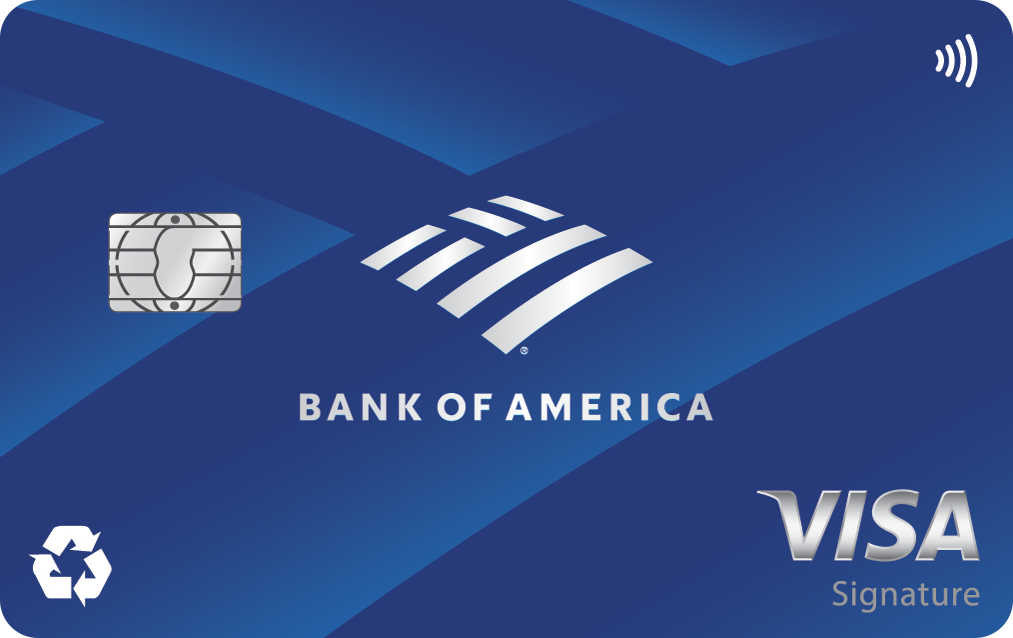Should You Travel This Summer if You Have Credit Card Debt?
KEY POINTS
- It's a better decision financially to avoid spending money on travel when you have credit card debt.
- However, you can consider making an exception for important trips if your debt is manageable.
- Be careful about how much you spend on travel costs to avoid making your situation more difficult.
As summer rolls around, it's normal to start feeling some serious wanderlust. The weather warms up, you hear about other people's vacation plans, and it makes you want to go on a trip of your own. But if you have credit card debt, you may question whether traveling is a responsible decision.
The answer would normally be no, and some financial advisors are absolutely adamant that you shouldn't travel in this situation. Travel is a luxury, and when you have credit card debt, you shouldn't be spending money on luxuries until those cards are paid off.
While that's good general advice, not all situations are black and white. There can be exceptions, so if you really want to go on an important trip, it's worth taking a closer look at things.
It depends on the amount of debt and your travel plans
Credit card debt comes in all sizes. So, the first thing to consider is just how much credit card debt you have. You should definitely hold off on vacations if you're dealing with, say, $25,000 in credit card debt. But if it's a smaller, more manageable amount, you can sometimes afford to be a little more flexible.
Here's a simple rule of thumb -- if you've set up a payment plan, and you're going to be able to pay off your credit cards within six months, you can consider traveling. If you don't have a payment plan, or it's going to take you longer than six months to get rid of credit card debt, focus on that for the time being.
The other consideration is your travel plans. Ask yourself these two questions about the trip you want to take:
- How important is it? If it's a once-in-a-lifetime type of trip, then it's worth prioritizing. The same is true if it's an opportunity to spend time with friends or family that you don't see very often.
- How much is it going to cost? If you're going to travel, it's important to keep it affordable. Going on a vacation to a luxury resort may be fun, but it will also make your debt much harder to pay off.
Your age and your overall financial situation are also important factors. When you're young, it's normal to not have a whole lot of disposable income. You also have time to get on track with saving and investing to build wealth. If you're in your 20s and have a little credit card debt you're paying off, it's not the end of the world to do some budget travel this summer.
As you get older, the truth is that there's less margin for error. You have less time until retirement, and you may have already reached your peak earning years. If you're in your 40s or 50s with credit card debt and no retirement savings, focus on paying off that debt and setting up retirement accounts first. Spending money on a vacation isn't a great idea, because you have more pressing financial needs.
How to travel on a budget this summer
If you want to travel, but money is tight, then budget travel is the name of the game. Start by looking for more affordable ways to travel so that you can avoid the biggest expenses.
For example, instead of flying somewhere, look for destinations within driving distance so you can plan a road trip. Instead of staying at a hotel, check out vacation rentals or hostels. Some vacation rental sites, most notably Airbnb, also have room rentals available. These tend to be much cheaper than renting an entire place for yourself.
If you have any credit cards that earn rewards, see if you can cash those in to cover travel costs. Travel credit cards are great for this. Depending on the card, you may be able to use your rewards to cover the cost of airfare, a place to stay, or other travel expenses.
Once you're at your destination, be careful about how much you spend on day-to-day expenses. Look for free or low-cost activities, as most cities have plenty of them. Pick up some food at the supermarket, too, so that you don't always need to go out or order delivery.
The safest option, and the best from a pure financial perspective, is to not travel if you have credit card debt. However, there can be exceptions, especially if it's a special trip or an opportunity to make memories with loved ones.
Our Research Expert
We're firm believers in the Golden Rule, which is why editorial opinions are ours alone and have not been previously reviewed, approved, or endorsed by included advertisers. Motley Fool Money does not cover all offers on the market. Motley Fool Money is 100% owned and operated by The Motley Fool. Our knowledgeable team of personal finance editors and analysts are employed by The Motley Fool and held to the same set of publishing standards and editorial integrity while maintaining professional separation from the analysts and editors on other Motley Fool brands. Terms may apply to offers listed on this page.



